Ring Ring! Distraction?
Like it or not, cell phones are a part of day to day life. Whether you think cell phones are frying the brains of young people or are useful tools in school, this is a hot button topic. At WRMS everyone seems to have an opinion on cell phones. According to the WRMS Student Handbook, “Electronic devices shall be turned off and kept in lockers during class time or at any other time as directed by a school district employee, except when otherwise permitted, for educational purposes by the teacher or team, administration, or in school policy.” Basically, this means students aren’t allowed to carry their phones during class time. The policy goes on to say that lunch and before/after school are the only times students can use them. Dr. Stoltenberg, head principal, said, “The cell phone policy exists as a means to limit the number of distractions and disruptions during class periods and instructional time for students.” In a student survey at WRMS, 65.6% of students think the policy is unfair and 34.4% think it’s fair.
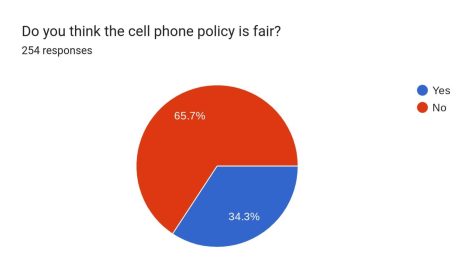
The 34.4% that think it is fair each have their own opinions. Mr. Nedeau, Comet social studies teacher, believes that the cell phone policy is very important in our school and should be enforced. Nedeau said, “Is your generation aware that we put men on the moon by using books printed on paper, and doing math with a pencil?” While some students agree with him, there is that other 65.6% that disagree.
65.6% students at WRMS think that the cell phone policy is unfair and, like Nedeau, have their own opinions. Seventh Grader Gentry Coons responded to the survey and said, “I don’t think it is a huge issue for kids to have their phone in class as long as it doesn’t become a distraction to the class.”
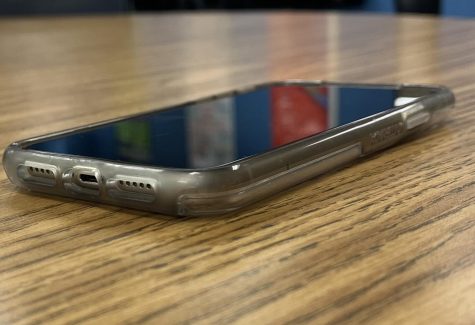
At WRMS, it is very important to hear both sides of the argument. As the writers of this story, we believe that the cell phone policy is unfair and is too strict. We understand that there needs to be some boundaries or regulations, but at the same time, not allowing our phones to even be with us is over the top. If cell phones become a distraction, the teacher can politely ask students to put it up for the rest of class or take it till class is over. With this generation, kids have grown up with technology. At school, there are many positive, educational ways kids can use their phones. Some students struggle with focus, and music or white noise apps can help them focus when learning. There are also many educational functions, such as Google Classroom, Grammarly, calculators, maps, and more. Phones can be used even for a more serious situation. We hope it wouldn’t ever come to this, but if there were to be an intruder, fire, tornado, or any other emergency, students would have access for help. The survey shows how the cell phone policy could use some updates. Cell phones aren’t going anywhere. Times are changing. Shouldn’t the policy change too?




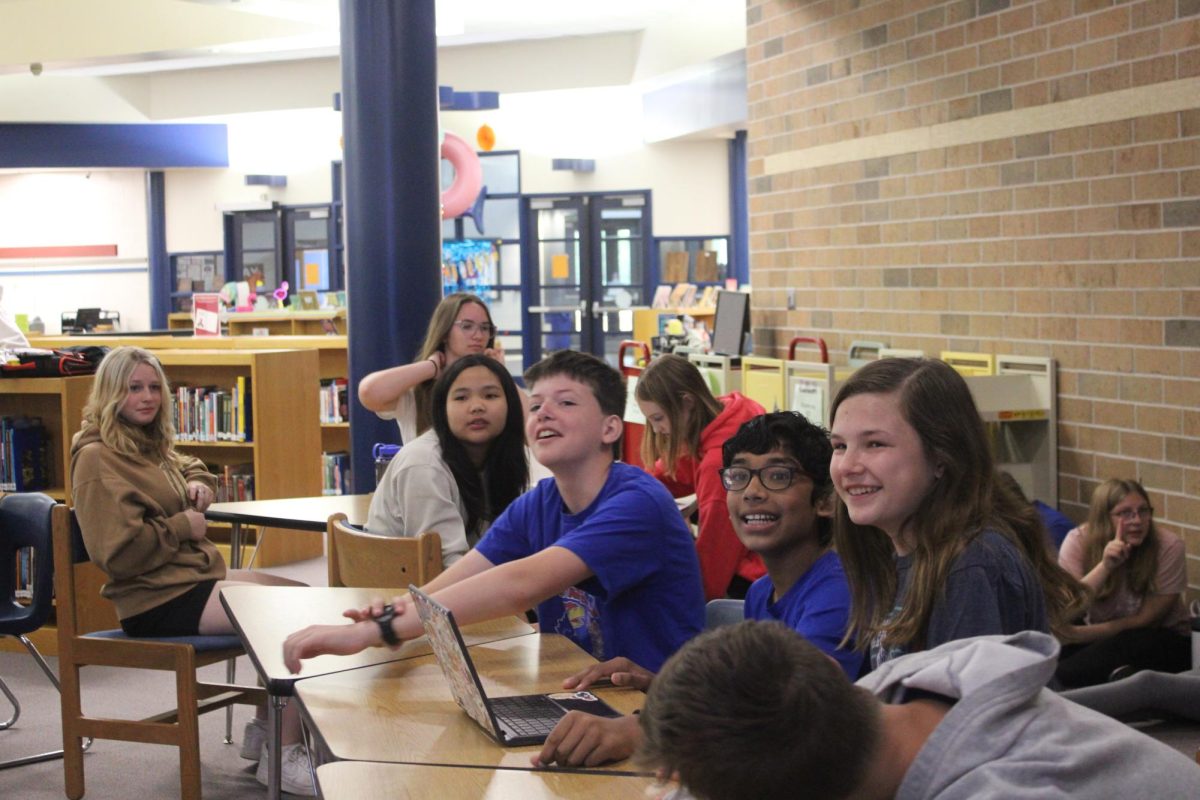

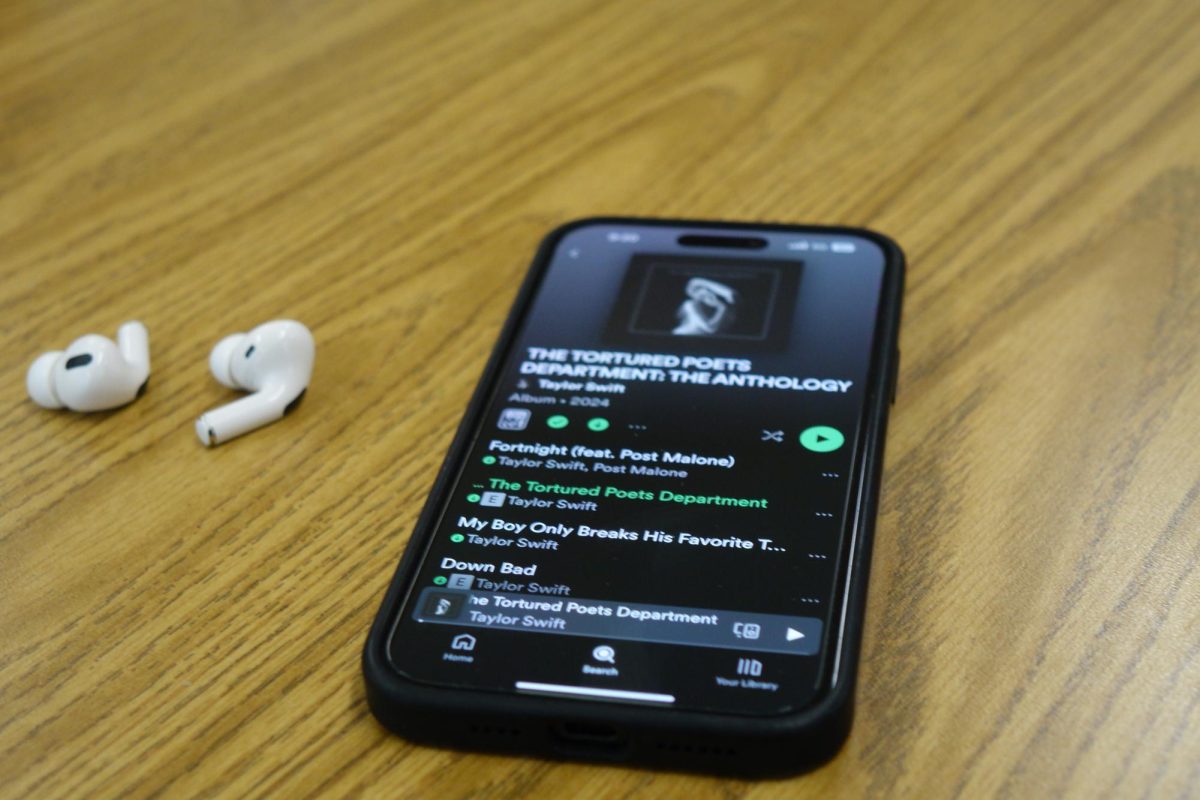
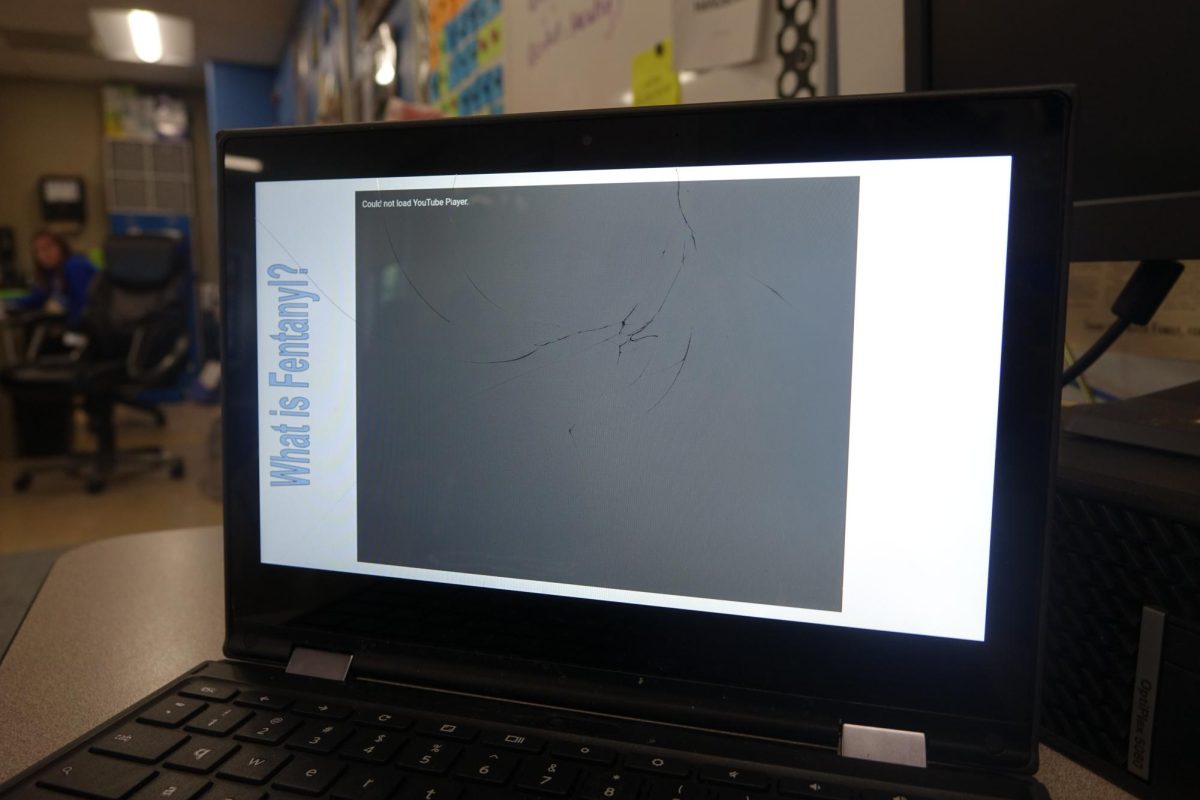
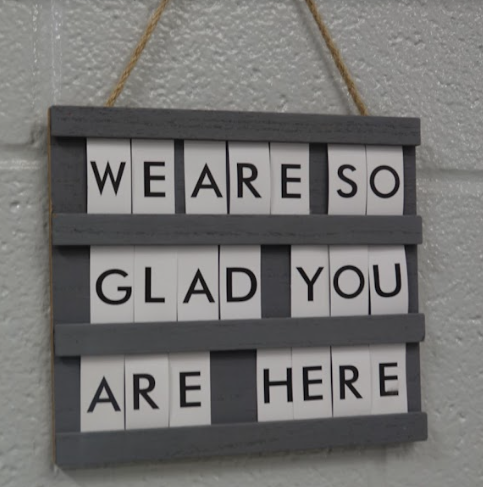
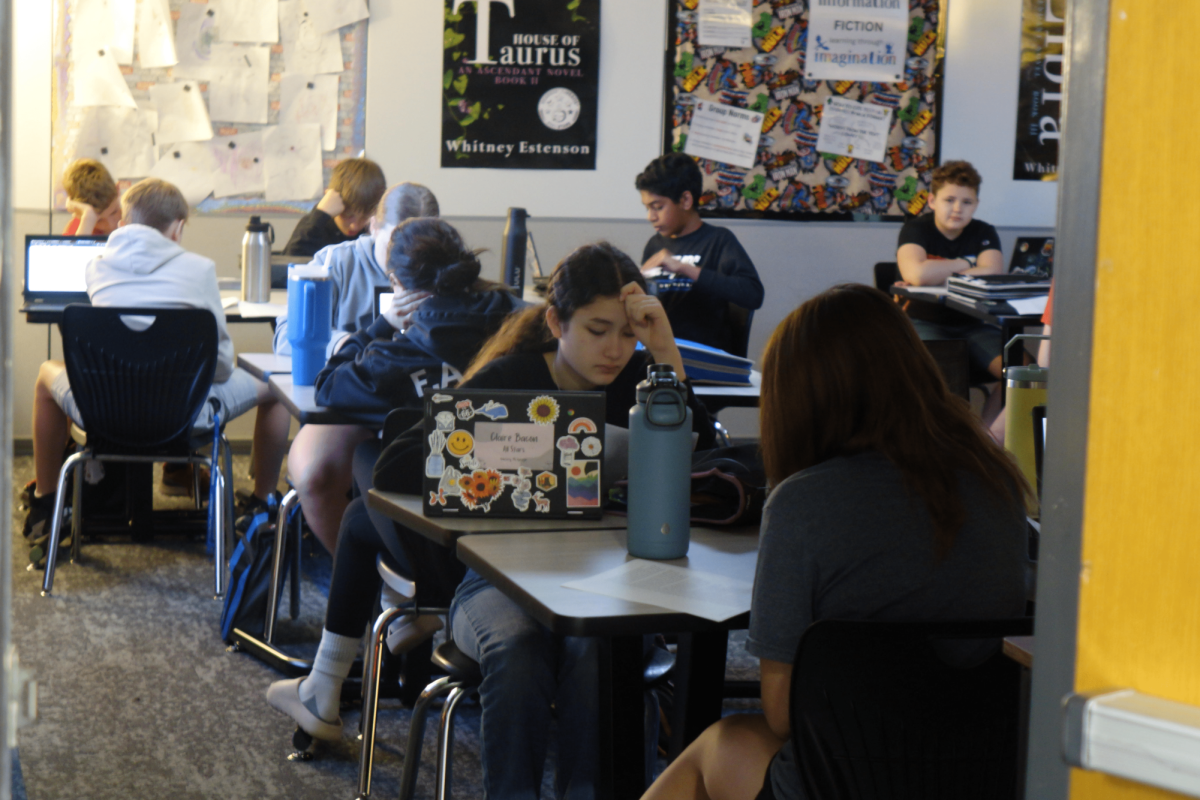




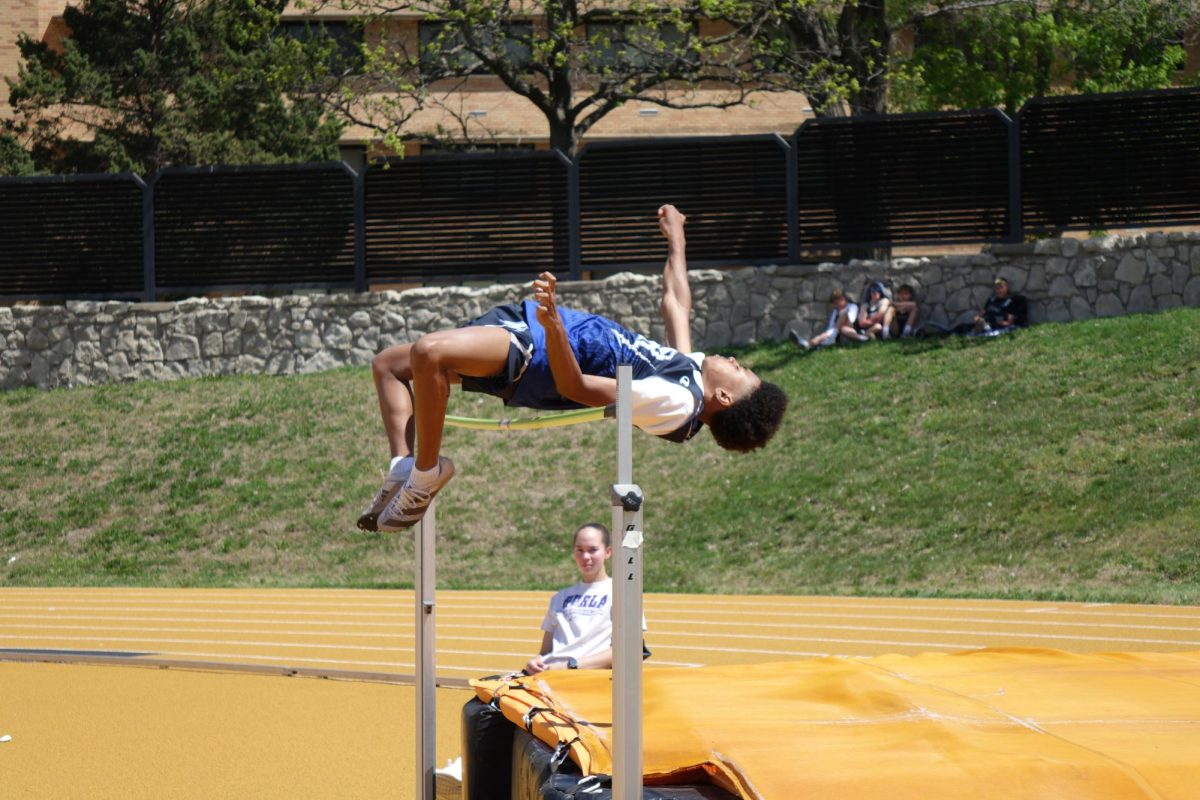
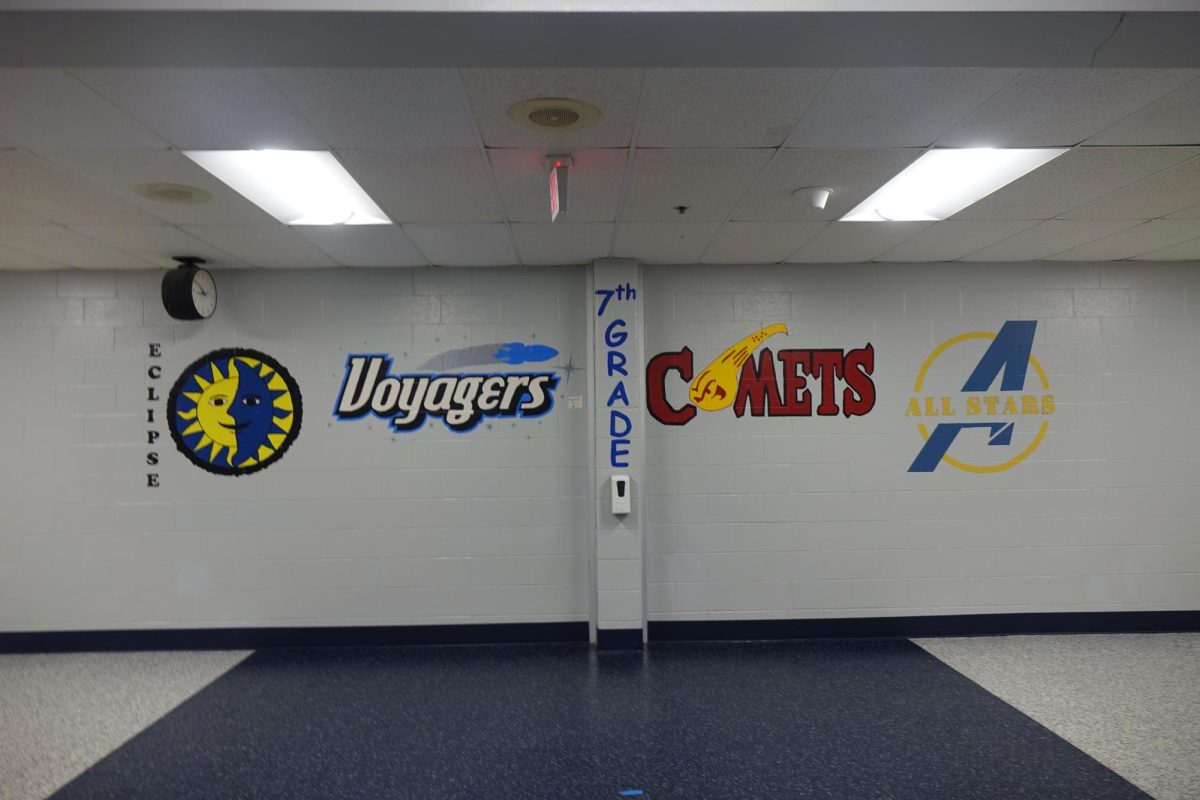








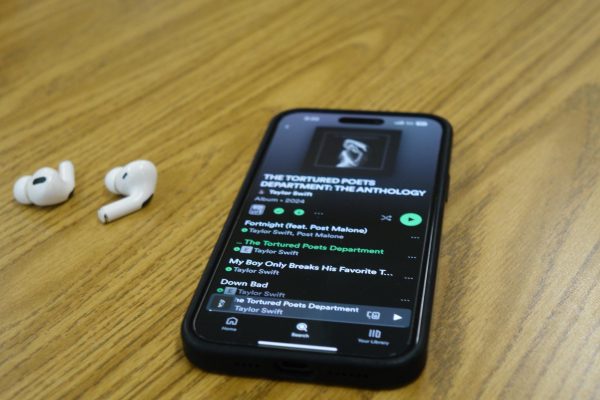
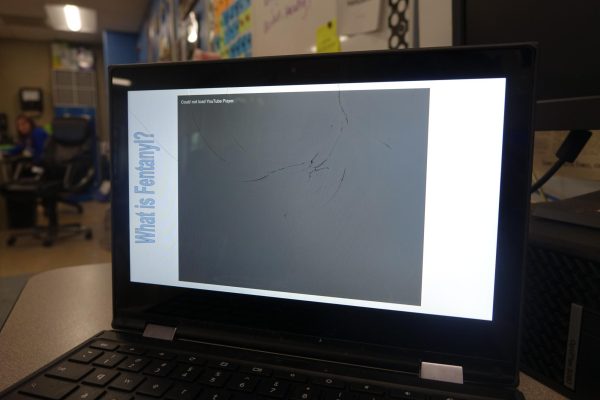
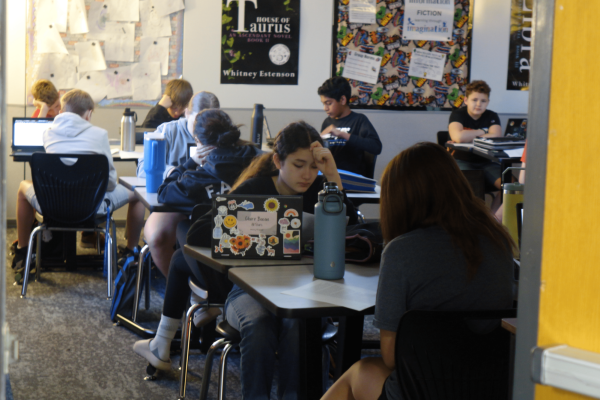



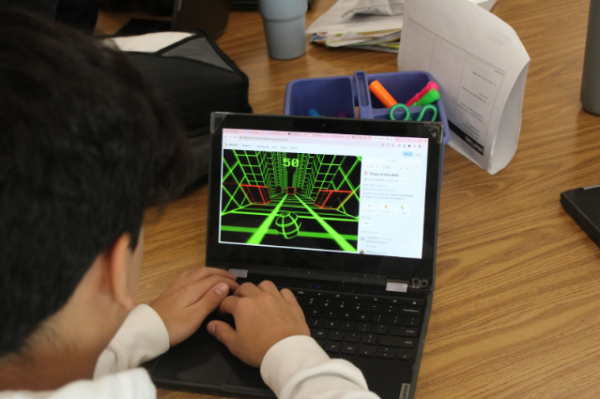


Amaya Herl • Mar 2, 2023 at 2:37 pm
very very nice